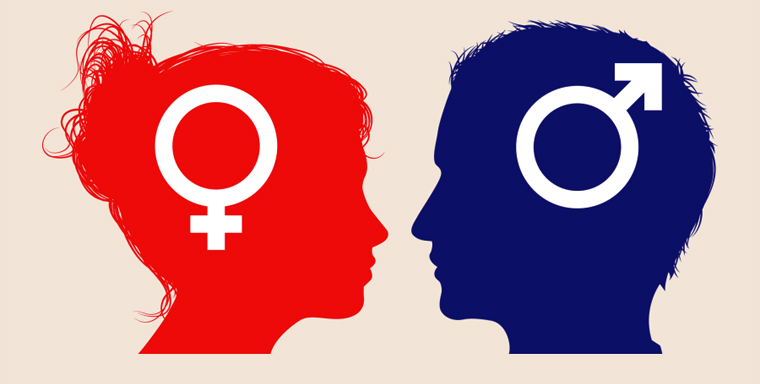
My wife and some of her friends recently decided to start a women’s book club, and within a week or two had eleven members, already reading their first book. Each member has the opportunity to choose any book for the group to read. From what I gather, they are all enjoying the club and the opportunity to explore ideas together.
I enjoy reading too, and when a friend of mine suggested a book to me, I asked him if he’d like to start a men’s book club. I was encouraged by his ready acceptance and hoping my experience would parallel my wife’s. Sadly to say, this has not been the case. In broaching the subject to male friends who like to read, I immediately encountered reluctance, primarily based upon their being compelled to read a book chosen by someone else.
“I like to read escapist books,” said one, “My day-to-day world is too serious and the last thing I need is to read serious stuff.” Another said, “My time is too valuable to read things I don’t want to read. How about getting together just to talk?” Yet another replied “I only read nonfiction. I know what I like.” So, at this point my club has a membership of two.
I’ve thought about the difference in my and my wife’s experience. Her group was immediately magnetized by the book club idea, and quickly drawn together in common purpose. No doubt each woman has her own particular reading interests, but this did not pose a major problem. My male friends were as immediate in their repulsion from the idea, despite their intelligence and love of reading. The simple act of reading a book chosen by another man is too much to bear, it seems, for most men.
I’ve concluded that part of the answer lies in what is called “agency.” Agency in this case means that one’s attachment to one’s own ideas becomes the foremost critical feature in any decision or action. Being forced to read a book chosen by another person requires giving up one’s agency over the decision and accepting the commitment to abide by someone else’s rules. Such an event becomes an emotion-based territorial power struggle, couched in logical-sounding rationales about time and taste. Within this we can see reflected the entire quandary of world conflict, and how matters of agency are connected with defensiveness, feelings of attack, vulnerability, loss and aggression. This pattern of male agency is essentially a rigid, non-cooperative model, based on insecurity and fear. As such, it results in isolation from others and lack of intimacy. Men are lonely, but too often unwilling to take risks to change that fact. I have seen this mechanism at work all too often in myself.
The world needs men to let go, stop struggling and surrender. The receptive “feminine” qualities of openness, acceptance, intimacy and trust are the only workable path remaining in a world torn asunder by over-active male agency. This is not a matter of women vs. men, nor is it sexual. It is a matter of coming to terms with the truth of our common predicament, and using all of our best capacities to help the world find its way out of its man-made mess.